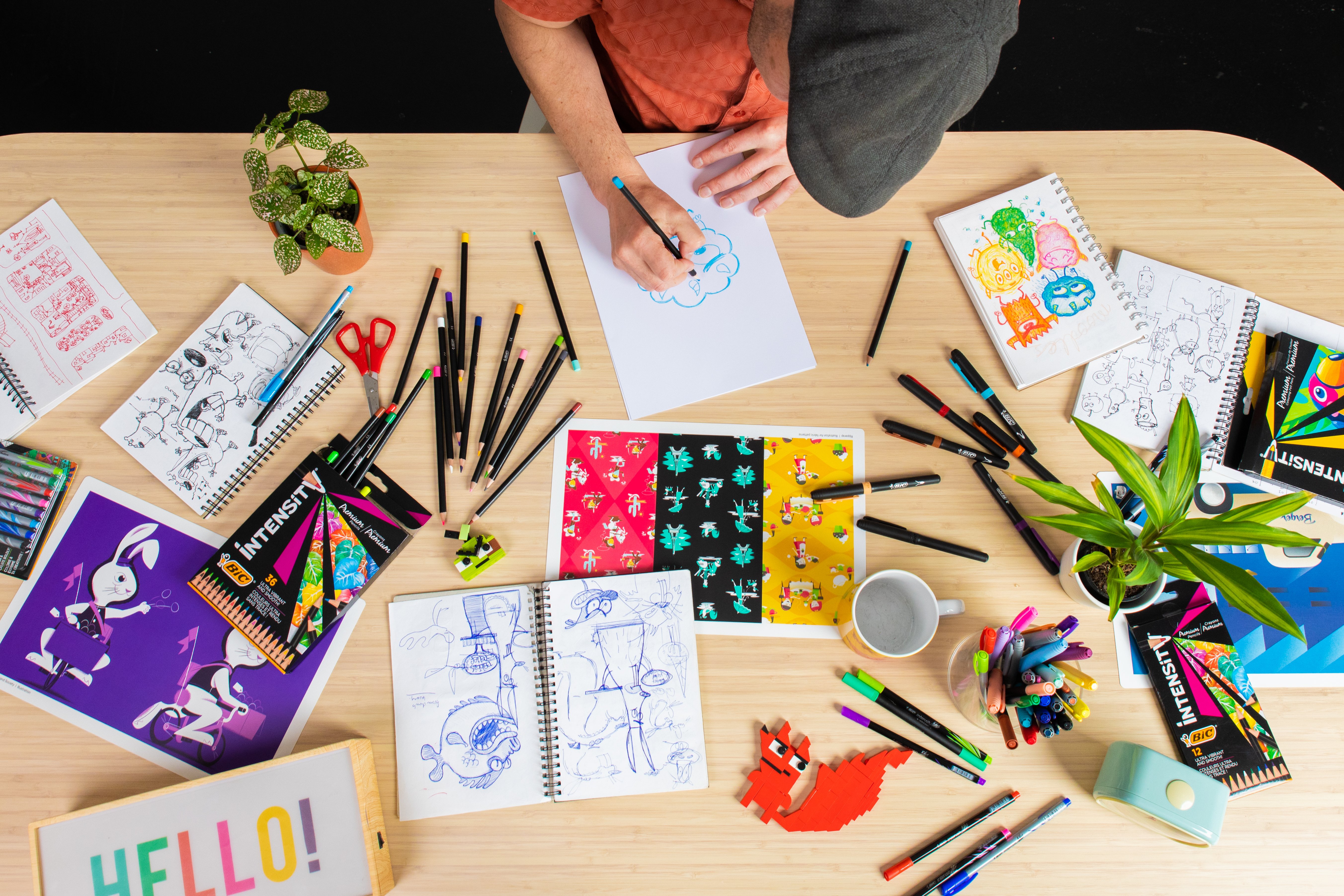Can acknowledging what we're thankful for in the midst of a pandemic make us happier?
Positive psychologists like Martin Seligman and mindfulness teachers like Tara Brach believe that practising gratitude is an effective way to connect with meaningful memories, feel happier and be more satisfied with our lives. The scientific literature appears to confirm this.
A meta-analysis (a study which combines the results of multiple studies and is considered to be high-quality evidence in science circles) conducted by Don Davis and colleagues in 2016 compared the results of studies that used gratitude interventions with studies that used similar strategies (like practising kindness or imagining one’s best self), alternative-activity studies (writing down hassles or writing a list) and control-only studies (measurement only) across 3 outcomes (gratitude, anxiety, psychological wellbeing). They found that gratitude interventions improved psychological wellbeing and enhanced gratitude more than control-only and alternative-activity studies. They also found that gratitude interventions worked just as well as strategies like practising kindness in improving depression, anxiety and psychological wellbeing. The authors concluded that practising gratitude appears to be a promising strategy for improving psychological wellbeing.
![]()
But those studies were then, we’re in the midst of a global pandemic now!
Is it even possible to practice gratitude in the midst of the global crisis we’re facing?
You might be thinking:
- Gratitude now!? No time sorry, I should be doing something to help instead of stopping to be grateful.
- What is there to be grateful for when our society is on the brink of collapse?
- I just lost my job, I have nothing to be grateful for.
- My loved one is sick, I have nothing to be grateful for.
- I feel too guilty to practice gratitude. What about all the other people out there who have it way worse than me right now?
All of these thoughts and questions are understandable and might be making it challenging to practice gratitude right now. But historical evidence suggests it is possible to practice gratitude during a crisis and it can indeed help.
![]()
A famous psychiatrist, Victor Frankl, used gratitude extensively to deal with and survive years of containment in Nazi concentration camps during World War 2. He wrote a book, Man’s Search for Meaning, about surviving the holocaust after losing all of his immediate family in a concentration camp. In his book, he describes practising being thankful for the most basic things he could think of, like old memories, a sunset, the fact that he was alive, that he wasn’t suffering alone. This allowed him to momentarily feel happier and satisfied, giving him the hope to go on. His story shows us that it is possible to practice gratitude, even in the midst of a crisis.
How to cultivate gratitude today
So without downplaying the suffering many people are experiencing or the seriousness of the situation right now, can you find a moment to stop and focus on what you’re grateful for?
One way to practice gratitude is to think of things you are grateful for, say them to yourself and then write them down. Gratitude, just like mindfulness, is something we need to practice. And the more we practice the more spontaneously grateful we may become. Try to think of at least 5 things you are grateful for now. If you’re struggling to think of anything, it can help to get really fundamental. Look around you and think of things you might take for granted, like having a roof over your head, a warm bed to sleep in, running water, or even a device and the internet allowing you to read this blog.
![]()
Our Smiling Mind app has lots of gratitude meditations to help guide you in your gratitude practice. You can download the app for free and listen to one of these meditations now.
1. Activity: Gratitude Letter / Visit (see description of this activity in the SM App under Adult Programs -> Relationships -> Relationship With Friends -> Gratitude Letter/Visit)
2. Activity: Gratitude Jar (this activity is in the new Medibank Family Program)
Make a gratitude jar for each member of the family. Whenever someone in the family does or says something you are grateful for, write this on a piece of paper and pop it in their gratitude jar (e.g. ‘Thank you for making a delicious dinner tonight’, 'Thank you for telling a joke that made me laugh', 'Thank you for hugging me' ). This is a great way to foster connection and love by simply noticing and acknowledging all the things people in your family do for you.
3. Activity: Consider what you're grateful for using your five senses: Taste (e.g. favourite food/flavour); Smell (e.g. flower/herb/spice); Hearing (e.g. piece of music/instrument/birdsong/cat purring); Sight (e.g. colour/nature scene/loved one's face); Touch (e.g. soft toy to cuddle, mum’s hand to hold etc.) (this activity is in the new Medibank Family Program).jpg?width=1500&name=_55A2830%20(1).jpg)
1. Meditation: ‘Gratitude and Joy’ Meditation in Thrive Inside Program (Adult Programs).
3. Meditation: ‘Thank you!’ (Kids and Youth Programs - 3-6 Year Olds)
4. Meditation: Gratitude (Kids and Youth Programs - Mindfulness 207 Gratitude - 7-9 Year Olds/10-12 Year Olds)
_________
References
Brach, T. (2013). Tap Into Your Power. Prevention, 65(1), 64–65.
Davis, D. E., Choe, E., Meyers, J., Wade, N., Varjas, K., Gifford, A., … Worthington, E. L. (2016). Thankful for the Little Things: A Meta-Analysis of Gratitude Interventions. Journal of Counseling Psychology, 63(1), 20–31. https://doi.org/10.1037/cou0000107
Seligman M. E., Steen T. A., Park N., Peterson C. (2005). Positive psychology progress: Empirical validation of interventions. American Psychologist, 60, 410-4
.jpg)









.jpg)




